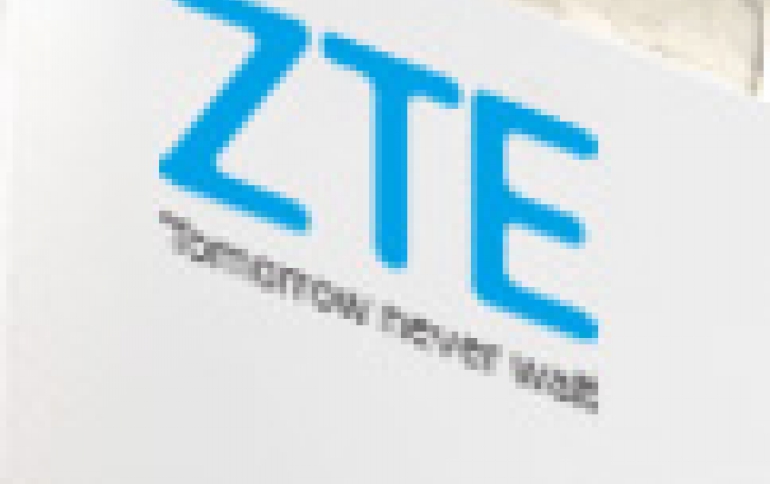
US Commerce Department Ban Companies From Selling Hardware to ZTE
Chinese smartphone maker ZTE has been hit with US export restrictions related to charges that it illegally shipped telecom equipment to Iran and North Korea.
Secretary of Commerce Department Wilbur L. Ross, Jr. on Monday announced that the U.S. Department of Commerce's Bureau of Industry and Security (BIS) has imposed a denial of export privileges against Zhongxing Telecommunications Equipment Corporation, of Shenzhen, China (ZTE Corporation) and ZTE Kangxun Telecommunications Ltd. of Hi-New Shenzhen, China (ZTE Kangxun).
BIS is the principal agency involved in the implementation and enforcement of export controls for commercial technologies and many military items.
Denial Orders are issued by the Assistant Secretary for Export Enforcement of the Bureau of Industry and Security, denying the export privileges of a company or individual.
That means American companies like Dolby and Qualcomm won't be able to export any parts to ZTE for up to seven years. The loss of Qualcomm is particularly damaging, as it severely restricts ZTE's options for devices in the US market.
"In March 2017, ZTE agreed to a combined civil and criminal penalty and forfeiture of $1.19 billion after illegally shipping telecommunications equipment to Iran and North Korea, making false statements, and obstructing justice including through preventing disclosure to and affirmatively misleading the U.S. Government," the US Commerce Department said. "In addition to these monetary penalties, ZTE also agreed a seven-year suspended denial of export privileges, which could be activated if any aspect of the agreement was not met and/or if the company committed additional violations of the Export Administration Regulations (EAR)."
The Department of Commerce has now determined ZTE made false statements to BIS in 2016, during settlement negotiations, and 2017, during the probationary period, related to senior employee disciplinary actions the company said it was taking or had already taken. ZTE's false statements only were reported to the U.S. Government after BIS requested information and documentation showing that employee discipline had occurred.
"ZTE made false statements to the U.S. Government when they were originally caught and put on the Entity List, made false statements during the reprieve it was given, and made false statements again during its probation." said Secretary of Commerce Ross.
These false statements covered up the fact that ZTE paid full bonuses to employees that had engaged in illegal conduct, and failed to issue letters of reprimand.
ZTE is also under scrutiny in the UK, where the National Cyber Security Centre issued a letter to the telecoms industry today warning against using equipment or services from ZTE, citing risks to national security.
The U.S. government is concerned that China's government could carry out espionage or snoop communications with the network infrastructure made by Huawei and ZTE. The FCC is considering a proposal that would prevent carriers that purchase equipment made by the companies from receiving crucial funding.





















